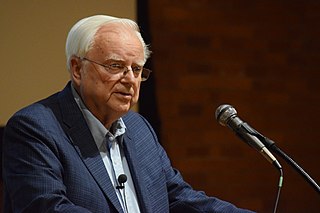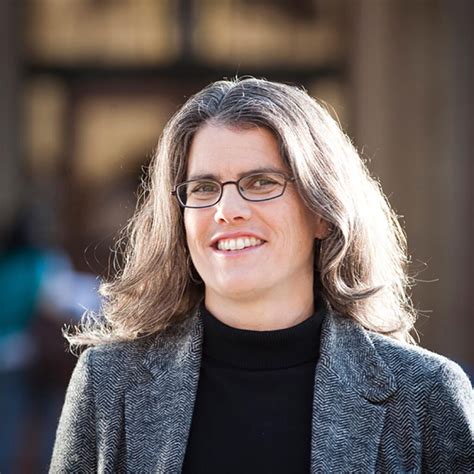A Quote by David Grinspoon
I'd like to jump a couple hundred years into the future and work with the scientists who are getting back the first information from our probes to planets orbiting nearby stars.
Related Quotes
We know there are billions of stars and planets literally out there, and the universe is getting bigger. We know from our fancy telescopes that just in the last two years more than 20 planets have been identified outside our solar system that seem to be far enough away from their suns - - and dense enough - - that they might be able to support some form of life. So it makes it increasing less likely that we're alone. But if we were visited someday, I wouldn't be surprised.
People presume we've been somehow monitoring the entire sky at all frequencies, all the time, but we haven't yet been able to do any of those things. The fact is, all the SETI efforts to date have only closely examined a couple thousand nearby stars, and we're only just now learning which of those might have promising planets.
So much of the past in encapsulated in the odds and ends. Most of us discard more information about ourselves than we ever care to preserve. Our recollection of the past is not simply distorted by our faulty perception of events remembered but skewed by those forgotten. The memory is like twin orbiting stars, one visible, one dark, the trajectory of what's evident forever affected by the gravity of what's concealed.
We are the lucky generation. We first broke our earthly bonds and ventured into space. From our descendants- perches on other planets or distant space cities, they will look back at our achievement with wonder at our courage and audacity and with appreciation at our accomplishments, which assured the future in which they live.


































